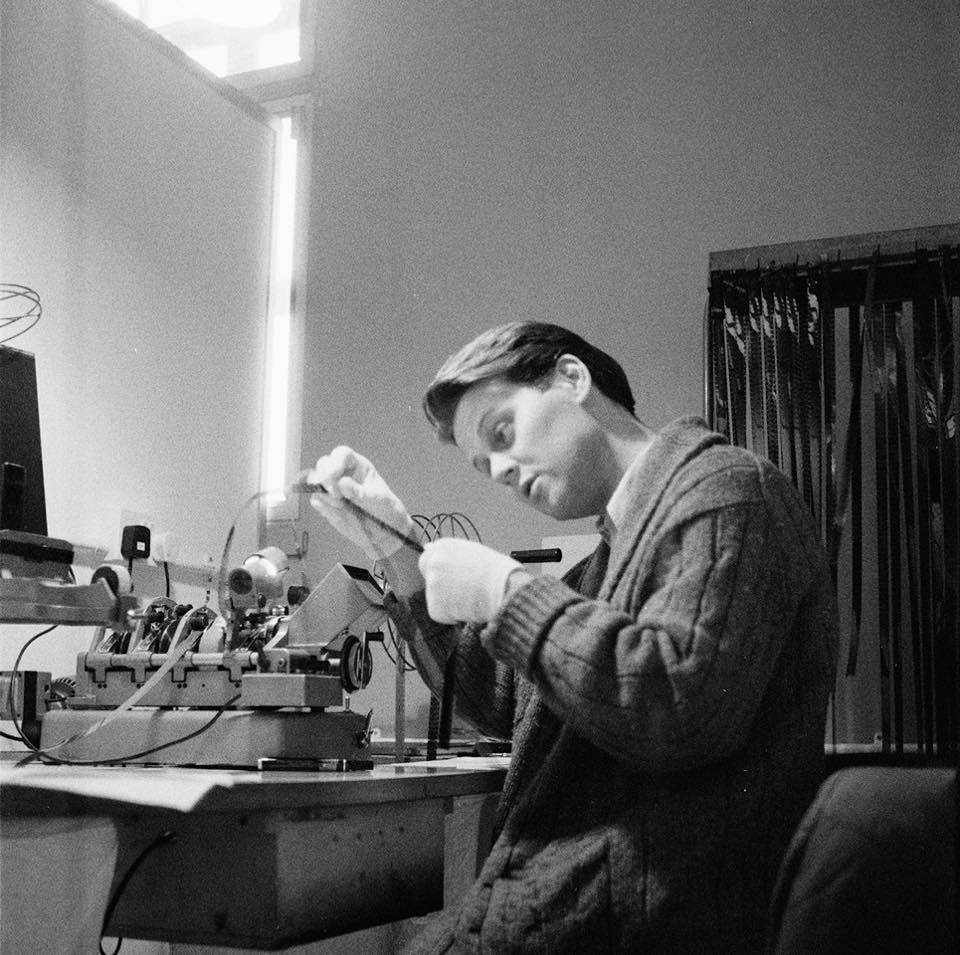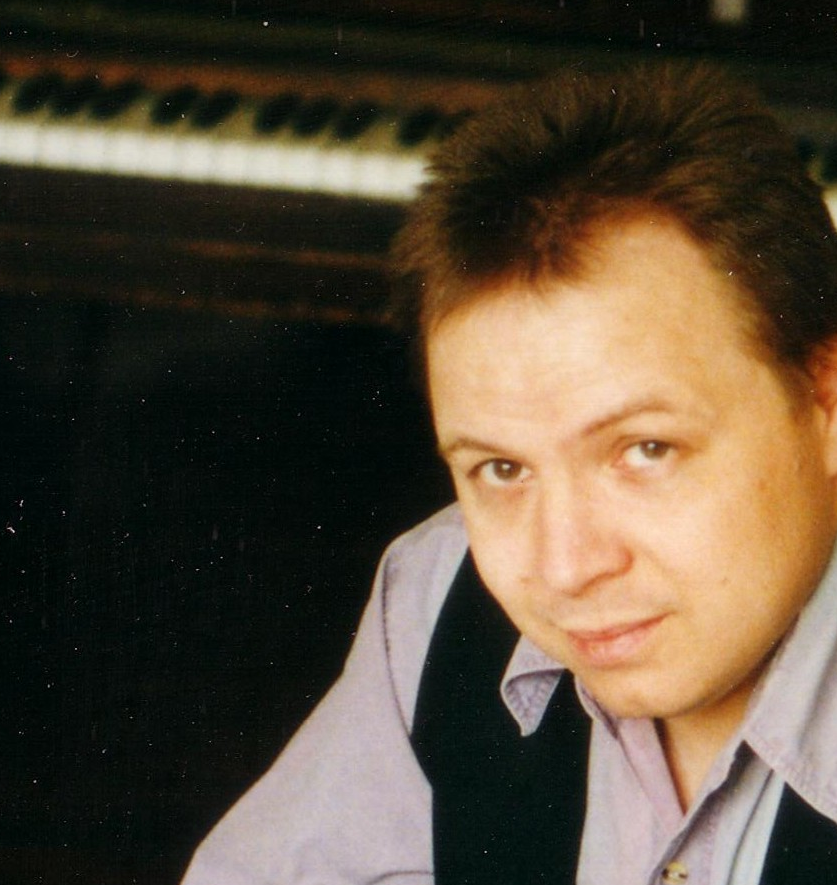ASK & DISCUSS
INDEXmusic performance and author rights in documentary (archive) video
9 years, 7 months ago - Garry Clarkson
Hi all,
I am in the first stages of producing a documentary about music in my home city.
I have archive footage from 20 years ago (which I have rights to) as well as about to film contemporary bands and artists alongside the archive footage and interviews.
Where do I stand as regards rights in a short promo I intend to produce from the initial footage - in order to fund raise etc.?
Would I need to contact the record company / management company (I will be doing so anyway) or would I work through a clearance agency similar to PRS here.
I am fully familiar with performance as well as songwriting rights and have worked in photography for major publications for 20 years so work through DACS for secondary rights.
Just need some advice concerning the difference between the artists themselves and any recording / management company. For example, I am filming a well known band and they themselves have said no problem with using the footage (its in their interests as its about them) but then I will still have to clear this with their record company.
Any advice on procedure and whether there is a central clearance agency that co-ordinates all this.
The music is bot UK and American artists. Some of whom are now deceased such as Terry Calliier and Charles Earland.
G
Only members can post or respond to topics. LOGIN
Not a member of SP? JOIN or FIND OUT MORE
9 years, 7 months ago - Paddy Robinson-Griffin
Clearances will be complicated, at least 3 sets of rights to juggle. Performance rights, mechanical rights, and footage rights are all entirely separate and likely owned by separate parties. The archive you own the rights to doesn't mean you own mechanical rights for the song, for instance.
There are specialists who clear media rights, for a fee. PRS can help clear mechanical and recording rights (depending on the recording, typically albums not concerts). Deceased artists makes things possibly harder, as you can't do a deal with a promoter to film a live performance, so are relying on someone else's footage, possibly with separate performance rights (promoter may own these), and still have to get the publishing/mechanical rights.
9 years, 7 months ago - Garry Clarkson
Good answer thanks. I was trying to understand whether I should approach the publisher (in this case Universal Music who no towns chess records rights) or an agency such as PRS that we have in UK. Not sure of the US version.
It would be performance rights and publishing rights to clear. The archive footage is mine from a performance early 90s before the artists died and was signed off by the venue/promotor at the time.
9 years, 7 months ago - Garry Clarkson
Sorry for the typos. On iPad. The film is a collaboration with the original promotors who paid Terry Callier to perform. I will ask PRS and Universal Music for permission/clarification.
9 years, 7 months ago - Paddy Robinson-Griffin
The archive footage you have doesn't have mechanical/publishing rights cleared, PRS can help with that. They can also deal with global rights so you don't need to do the US separately. PRS are collection agents for about 85% of artists, clearing rights is how they get paid, so they'll be happy to talk to you, but bear in mind there will be money involved.
When a musician writes a song, they're traditionally starving artists, and so sell the publishing rights to feed their families. That means I can go to whoever bought those rights and ask for permission to record the song for myself, they'll make up a number, but the original writer had no more interest, the song is gone. The musician may record their own version of the song, and they'll make money from the sales of that recording (or it'll go to repay record company advances, more likely). Then they may tour and sing that song - paid to play, the promoter owning the performance and taking the risk. Finally, they may sell merchandise, pretty much the only stage where they can make any money, assuming they didn't sell merchandising rights to someone as well! In short, in most cases, what the artist says or wants counts for little if they've ever taken the dollar of the big businesses surrounding the industry. PRS like to represent themselves as the artists benefactors, but in reality they're a part of that surrounding industry.
9 years, 7 months ago - Garry Clarkson
Completely understand that. Good advice however. I would like to negotiate with the publishing company direct but is that possible? I know lots of musicians (used to be one). As a photographer I own all my rights. Its always been a strange thing with music that the artist loses out as soon as they record. I'll look into PRS. A short teaser for social media fund raising with NO budget means a catch 22 situation for me. The promotors and musicians are collaborating on the documentary - I guess they are keeping the intention from the record companies as otherwise it can't be made.
9 years, 7 months ago - Terry Grew
Hi Gary,
As you say, you own all of your rights, but songs are sometimes written by more than one party. To get the synchronisation rights, you have to obtain the permission of all parties. In addition, the song may be owned by one party, but the version that you want may belong to additional people. For example:
I write a song and register it with PRS and MCPS (As I am a member of both) and I record my song and now register that recording with the PPL (also a member). I have sole rights to that recording, the performance and the song.
Should someone else record that song, then they have to give permission too, as the recording is registered to another owner, as is the performance. Copyright of the song still belongs to me and I may still have the rights as to how that song is used in another product (MCPS). Any publishing deals between writer and publisher have to be considered too.
A good way to go with this would be to contact a reputable Music Supervisor. They can steer you through the right course and prevent expensive mistakes further down the line!
Hope this helps...and good luck!
P.S. In the USA, BMI and ASCAP can give you advice for their territory.



